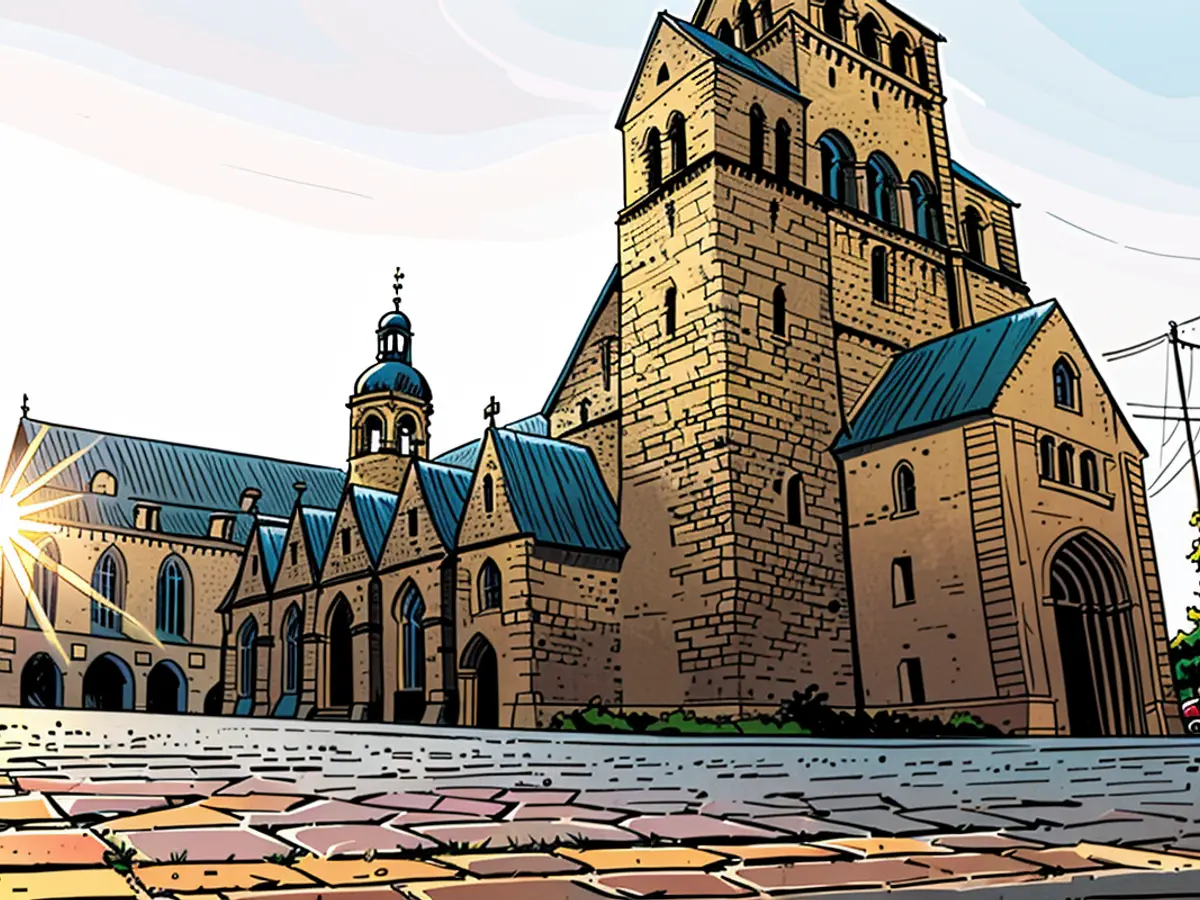- Due to the proposed shift from church payments substitution.
Stephan Weil, the Min-Pres of Lower Saxony, has expressed opposition to the federal government's proposed law that aims to halt financial aid to churches in Germany. Although dissolving church financial aid is constitutionally required, the SPD politician mentioned to the "New Osnabruecker Zeitung" that several federal states are currently facing such financial strain due to multiple issues that making such payments to churches is currently unattainable.
Churches in Germany have been receiving these state payments as compensation for the confiscation of church and monastery properties during the secularization process in the 19th century. Besides Hamburg and Bremen, all other federal states contribute an annual financial support to both the Catholic and Protestant churches. In total, this sums up to approximately 550 million euros annually across the nation. The traffic light coalition now intends to distribute these funds to the churches, thereby separating church and state.
In June, Markus Söder, the Min-Pres of Bavaria, urged for the conclusion of discussions on state financial aid. "I want this to be put on ice once and for all," the CSU politician stated at the time. Majority of his counterparts also shared this viewpoint.
Weil also acknowledged a widespread consensus among the states on this matter: "All I can suggest is to avoid pushing forward with these plans." The federal government has "certainly other priorities" currently.
The federal government's proposed law to halt financial aid to churches in Germany has faced opposition from various federal states, including Lower Saxony, due to their financial constraints. The opposition of the Federal government's plan to distribute these funds to separate church and state has been widely acknowledged among many state leaders.








